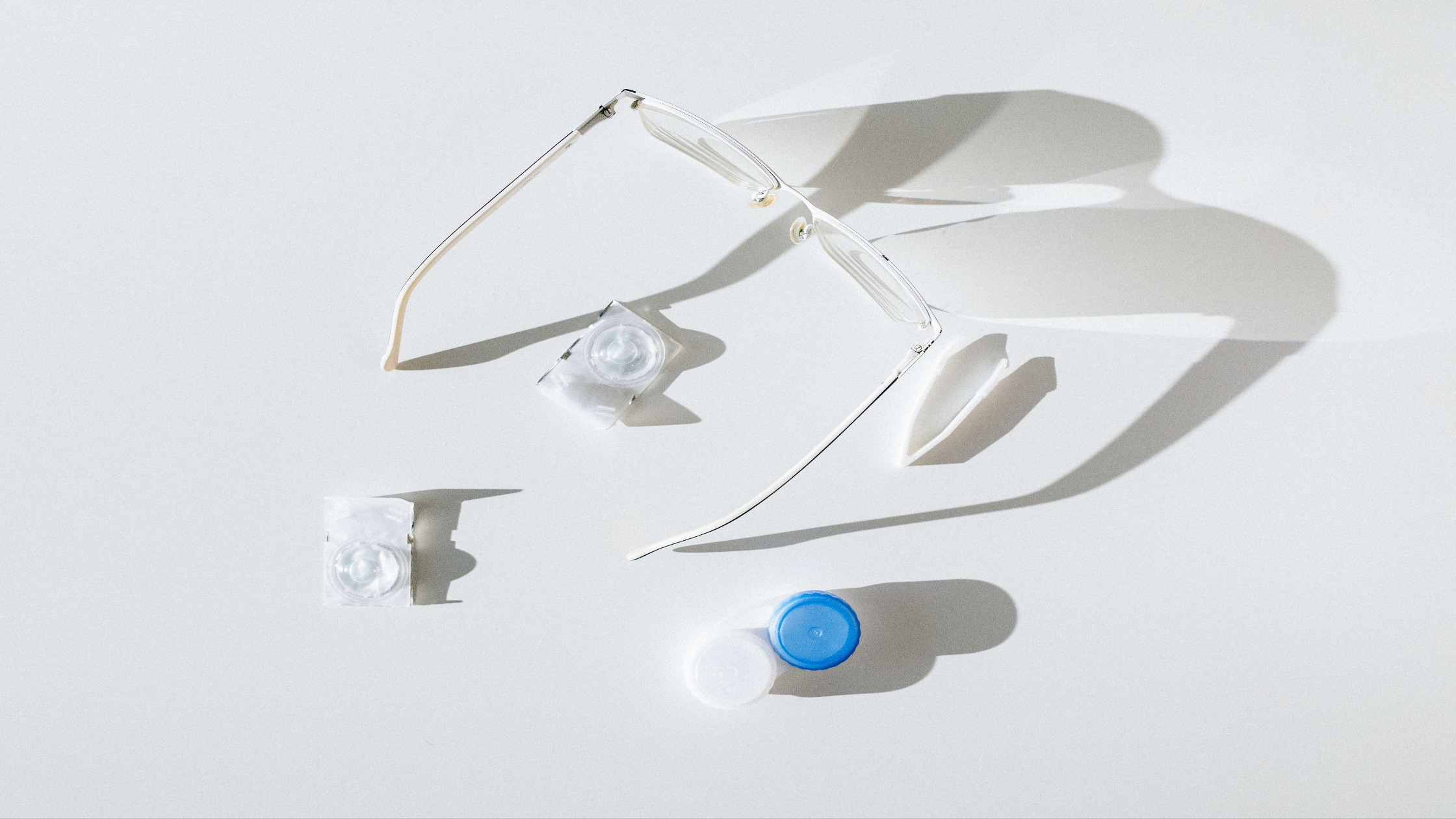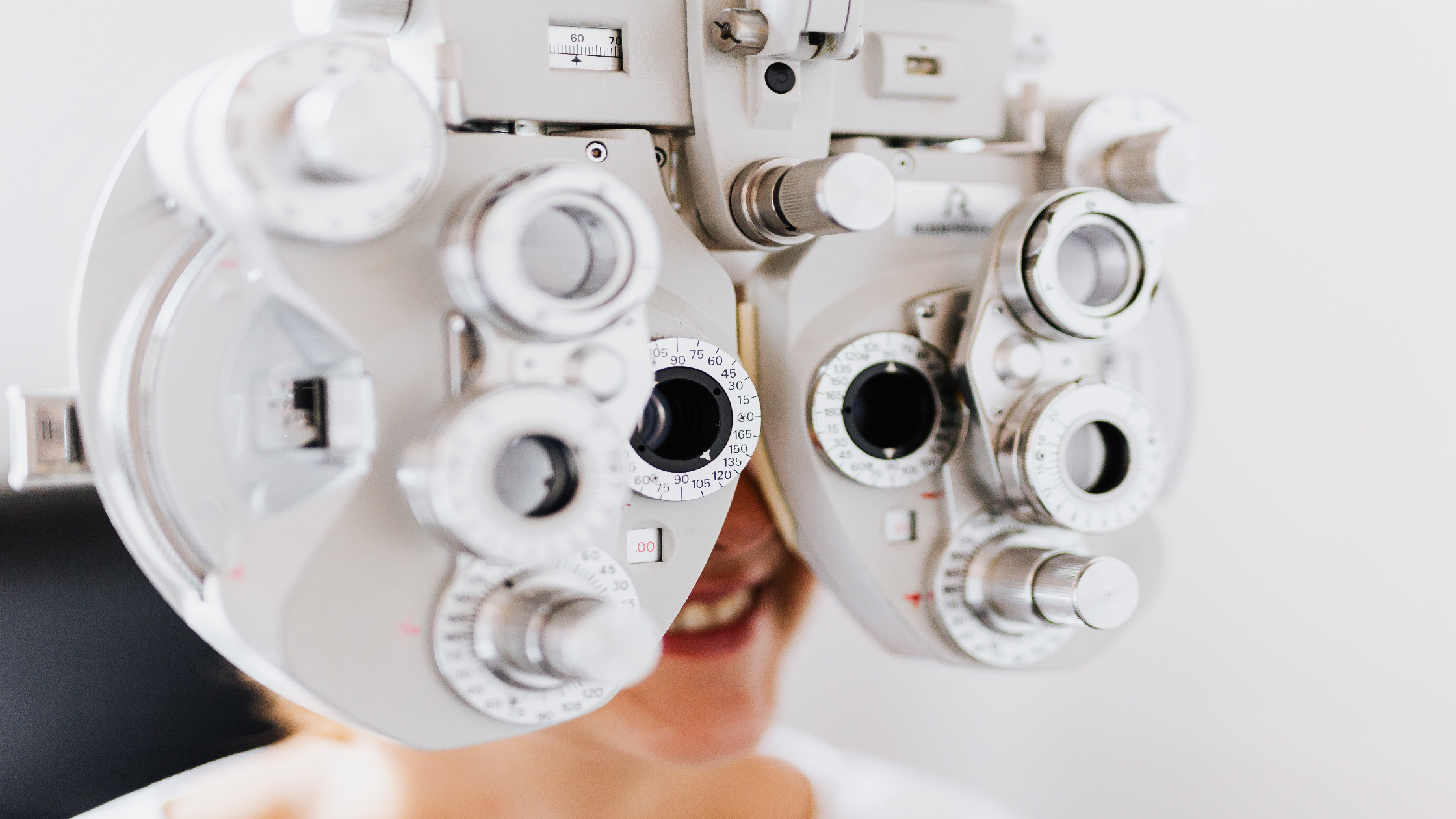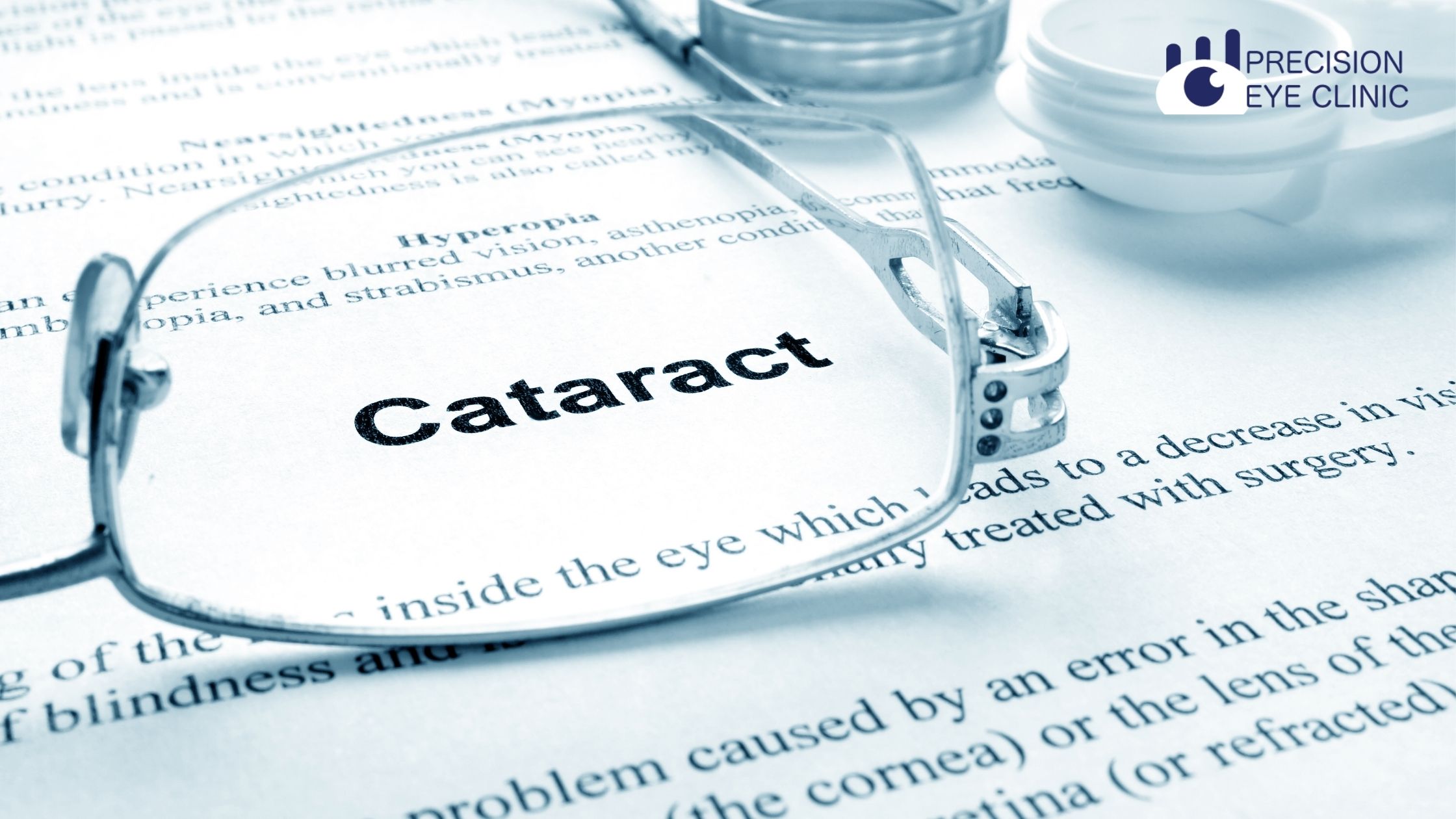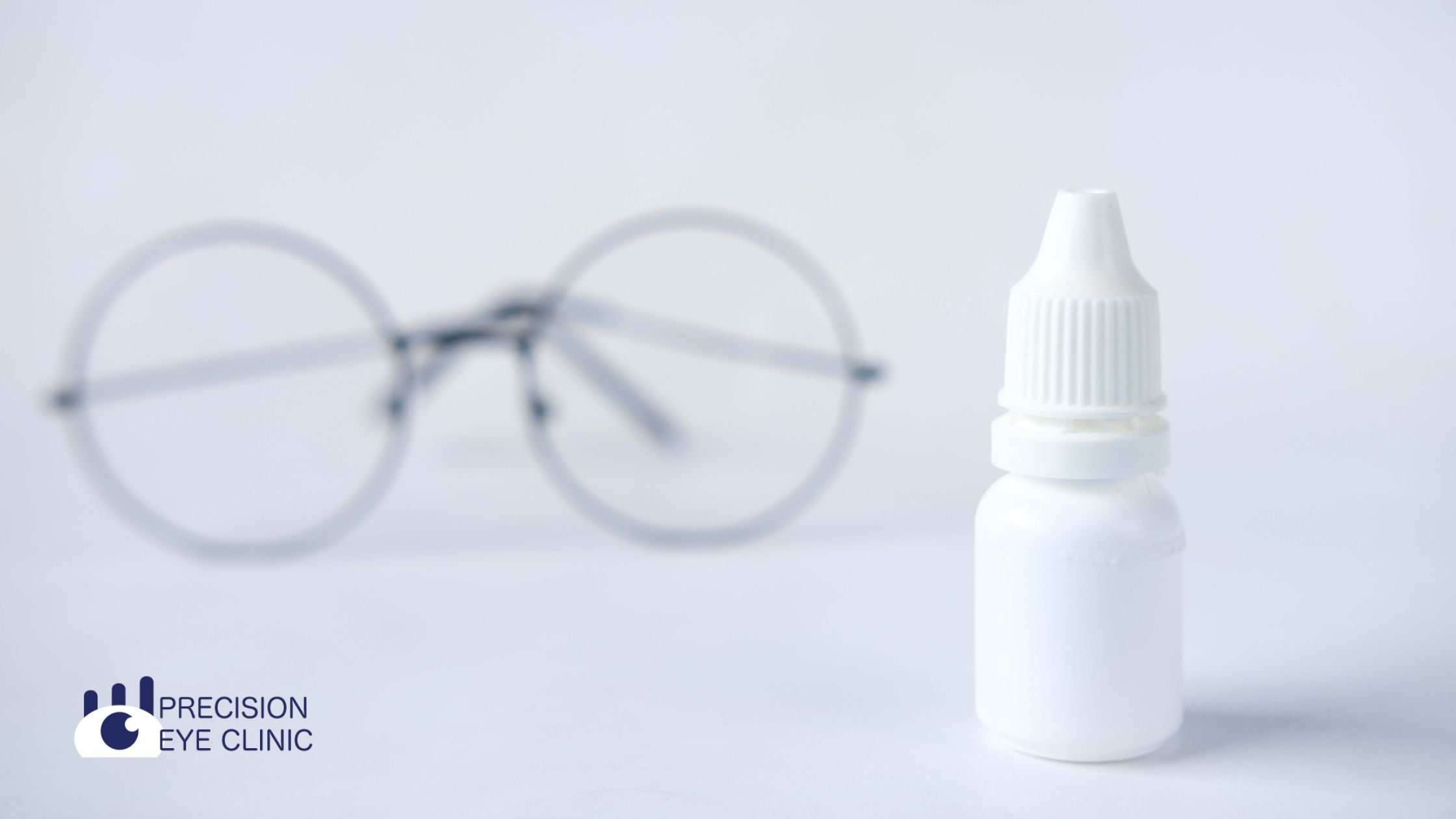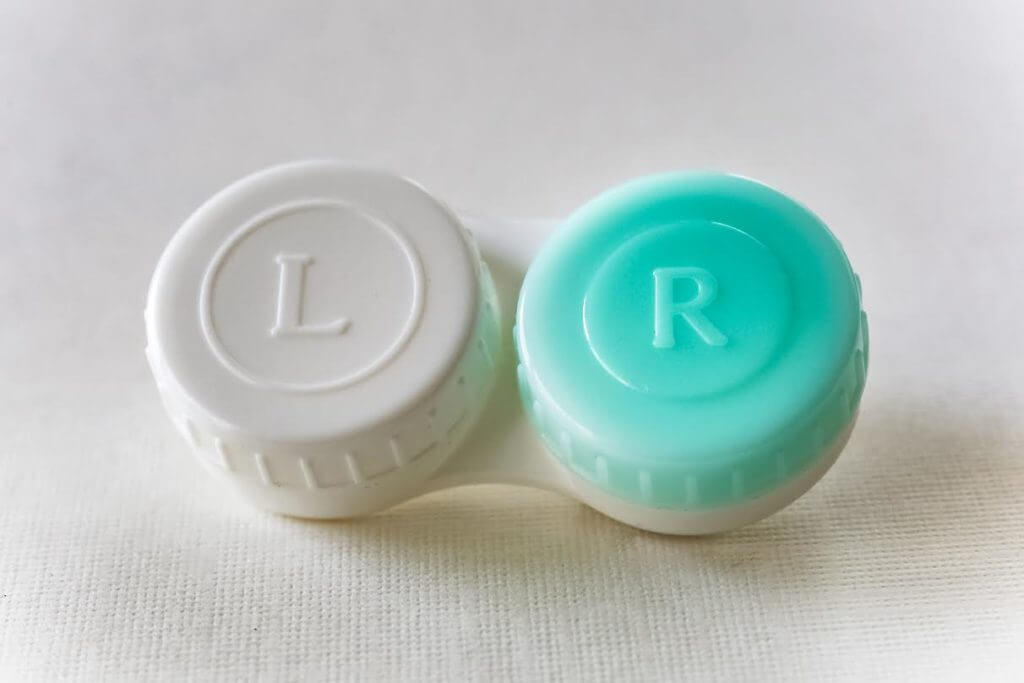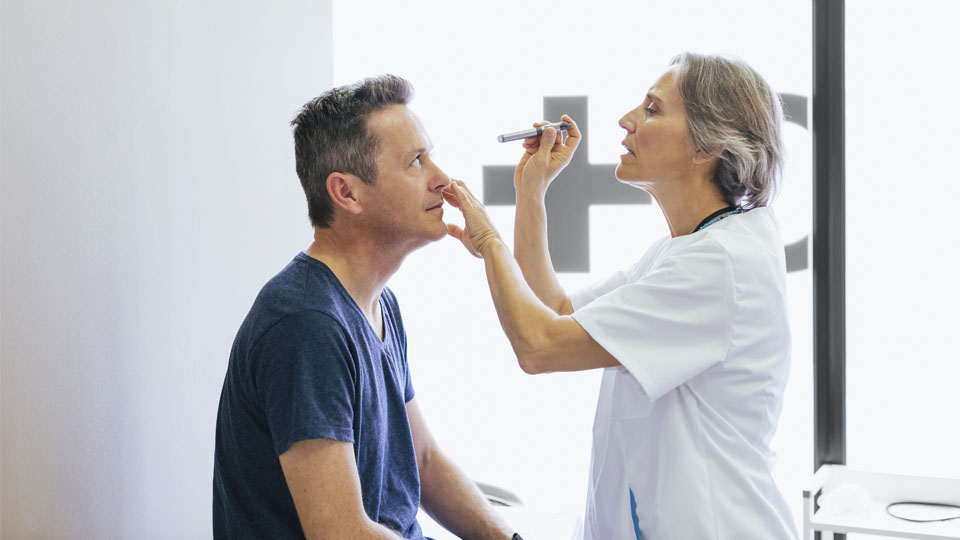If you’ve stumbled upon this article, it’s likely because you’re wondering whether you need glasses. Don’t worry; you’re not alone. In fact, almost everyone asks themselves this question!
Although vision loss is noticeable, it usually sets in gradually. Most individuals delay examining their vision until their symptoms interrupt their day-to-day lives. However, for some individuals, symptoms suddenly show up; suddenly, you begin to notice you’re having a hard time reading texts from a distance.
Whether you’re here because of curiosity or because you’ve noticed symptoms, this article will discuss the top signs that suggest you need glasses or protective eyewear.
Let’s begin!
5 Signs You Need Glasses
You’re Squinting Often
Are you narrowing your eyes to see something near or far from you? If you are, you may also have headaches and neck pain. These are clear signs of poor vision, and you should strive to have your eye checkup done for a new prescription of glasses.
A new pair of glasses suited for your specific condition will help you with a clear vision and reduce the adverse side effects of vision problems such as headaches or neck pain.
You’re Struggling To See At Night (In The Dark)
Night blindness is a condition that develops slowly in many people. As you drive, you have problems seeing other objects in your environment, such as wildlife and road signs. Getting from your bedroom to your bathroom at night is difficult because you run into furniture and walls.
If you’re able to relate to the above, you must go for a professional eye examination. Even though night blindness doesn’t mean you completely lose your ability to see in low-light conditions, it does mean that you have trouble seeing objects that you used to be able to see or that are obvious to others with normal vision.
Your Vision Is Blurry
This is one of the most common and alarming symptoms. Blurred vision is often a sign of fatigue, dry eyes, or eye strain. If you’re dealing with blurred vision, it’s best to rest your eyes for a bit. If your blurred vision symptoms do not improve with rest and the problem persists, it’s time for an eye exam. Most individuals who suffer from blurred vision struggle to see things far away or close up; they appear out of focus and blurry, like a camera lens that won’t focus properly.
You’re Eyes Are Straining
Not all cases of eye strain are related to vision problems and may indicate your eyes require rest. Your eyes may strain due to several reasons. For instance, spending long hours behind digital device screens, reading without breaks, and driving long distances can cause severe eye strain. For such cases, some shut-eye should always help you recover. However, if your eye strain does not improve even with rest, it’s time for an eye checkup.
Your routine and productivity may be affected by eye strain if it interferes with your ability to concentrate or makes you fatigued more quickly. Eye strain might cause aggravation, including dryness, itching, burning, or watery eyes. Additionally, it may result in sensitivity to light, neck, shoulder, and back pain, and headaches.
Blurred Vision Wearing Your Old Specs
There may have been moments when you ignored blurry eyesight because you thought your previous glasses gave you great vision. You are straining your eyes by ignoring this problem.
If you’re straining to see well, your eyes work unconsciously while wearing your glasses. In the long term, unconscious eye strain can be highly detrimental. After examining your eyes, it’s time to purchase a new set of glasses.
Visit Pearland Vision For The Best Eye Care in Pearland, TX
If you keep experiencing any of the aforementioned negative symptoms daily, it’d be best for you to visit an eye doctor. If you are looking for high-quality eye treatment in Houston, consider visiting Pearland Vision.
Most individuals fail to realize they need professional eye care or corrective eyewear until their vision problems interrupt their daily lives. If you’ve been facing difficulties with your vision, be it small or big, we urge you to visit us for a checkup. Minor vision problems will often turn into severe ones if left untreated. They may also be signs of underlying health issues.
We are constantly working to bring our patients the latest in technology to not only diagnose potential eye-related illnesses before they cause vision problems but also to provide the most comprehensive eye evaluations in Pearland, TX.
Please schedule an appointment today to see, look, and feel better!


